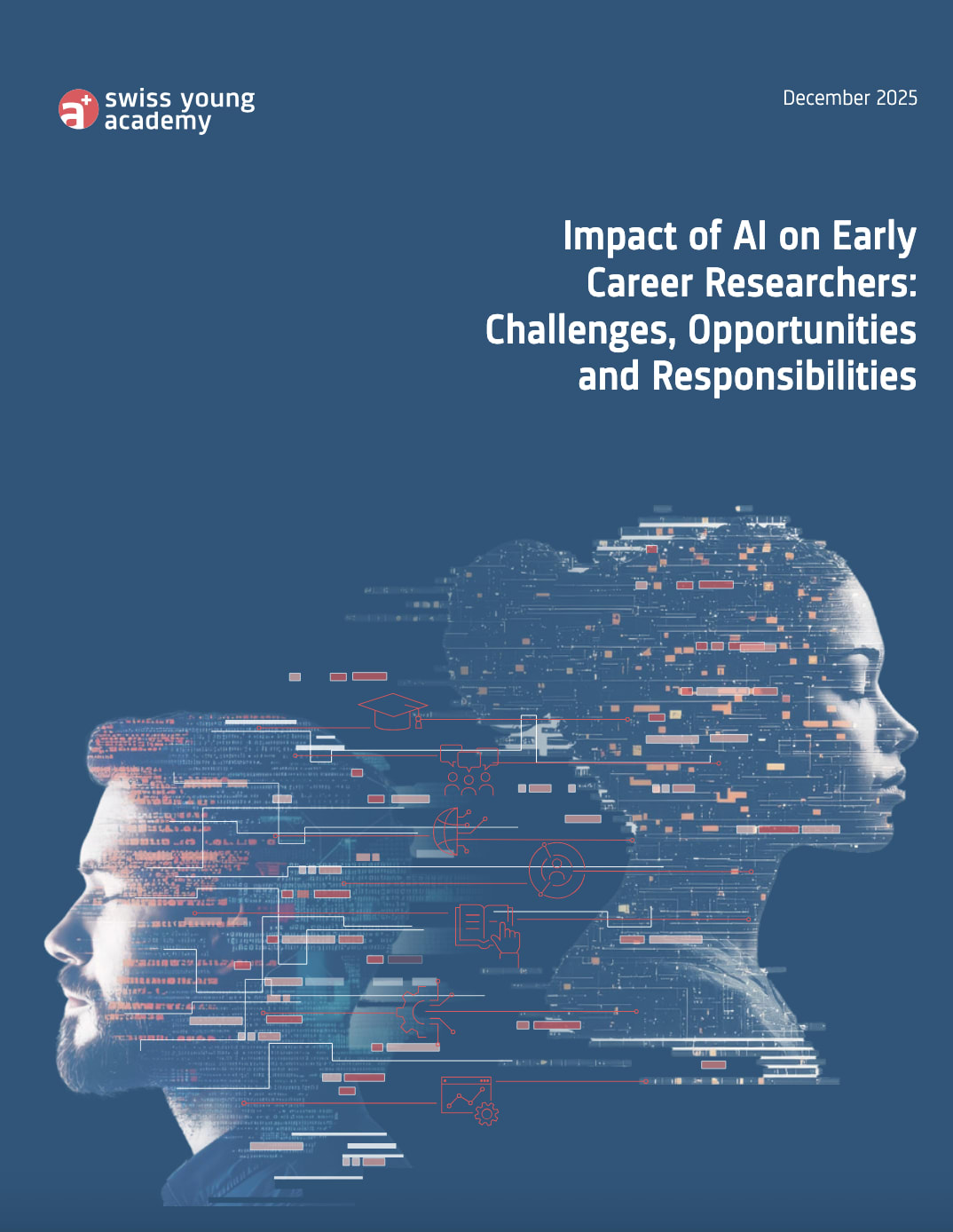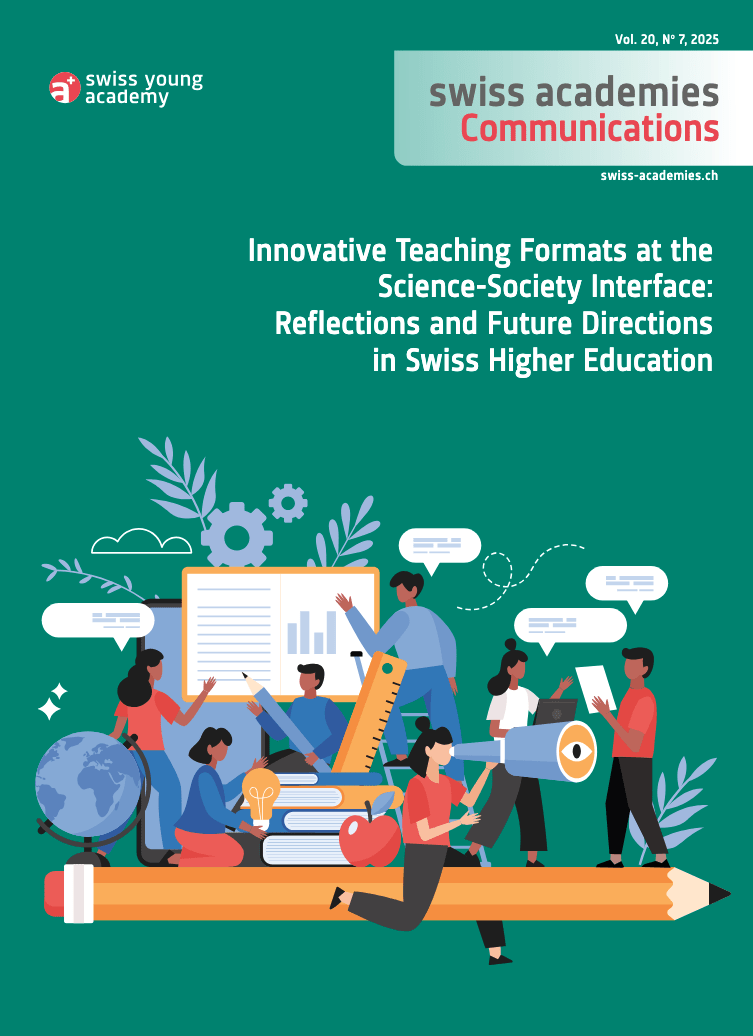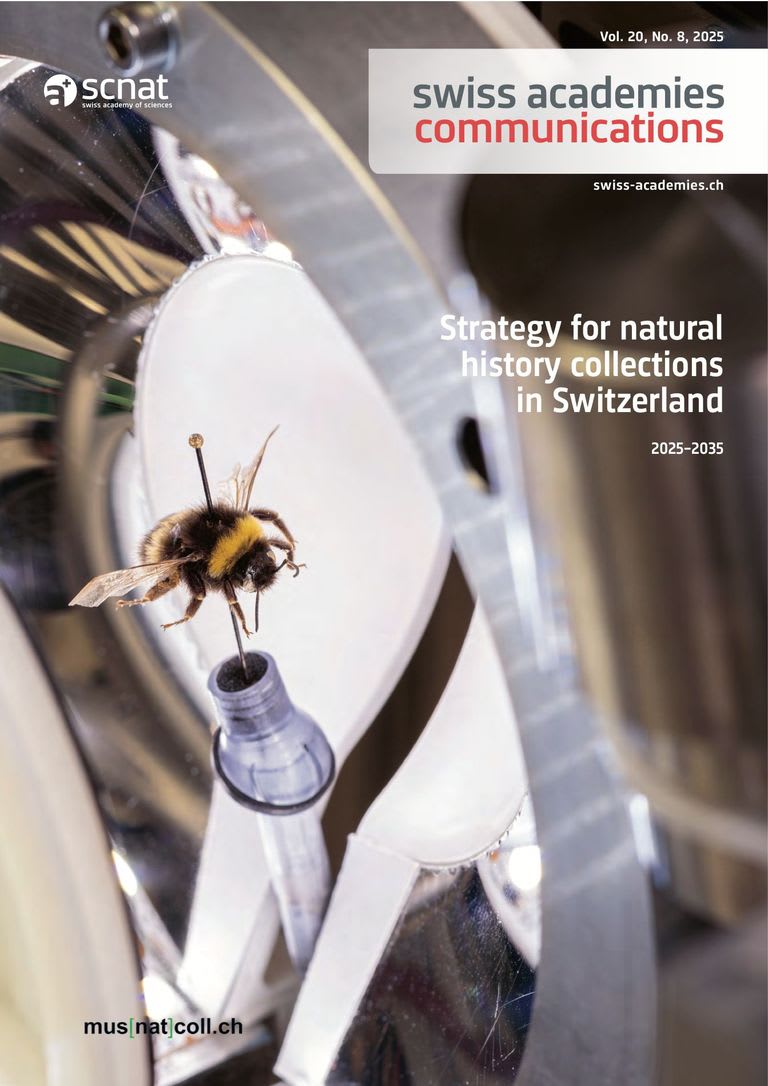Swiss Academy of Sciences SCNAT
Wertvolles Geoland Schweiz
Das geologische und geomorphologische Erbe besser kennen, schützen und zugänglich machen
Die Bevölkerung und Generationen von in- und ausländischen Besuchenden schätzen die Schweiz aufgrund ihrer Berge und der vielfältigen Landschaften. Diese werden massgeblich von der Geologie geprägt. Sie begründet den Lebensraum, bestimmt das Relief, beeinflusst das Klima und ist Grundlage für die Biodiversität. Die Geologie ist ein wichtiger Grundpfeiler der kulturellen Entwicklung. Die Bedeutung des geologischen und geomorphologischen Erbes der Schweiz ist jedoch im Bewusstsein von Öffentlichkeit, Behörden und Politik wenig präsent und wird dementsprechend selten diskutiert oder in planerische Fragen einbezogen. Auch das Potenzial in der Umweltbildung und der nachhaltigen Entwicklung werden kaum genutzt. Das Faktenblatt beschreibt dieses Geo-Erbe, sensibilisiert für dessen nachhaltige Nutzung, Inwertsetzung und Schutz. Es zeigt entsprechende Handlungsansätze wie das «UNESCO Global Geopark Programm» auf, mit dem Regionen international bedeutsames Geo-Erbe sichern, in eine umfassende Bildung einbeziehen und für die Regionalentwicklung in Wert setzen können.
Regolini G, Buckingham T, Meyer J (2022)
Wertvolles Geoland Schweiz. Swiss Academies Factsheets 17 (3)




